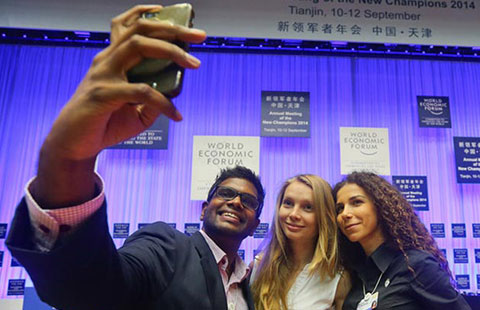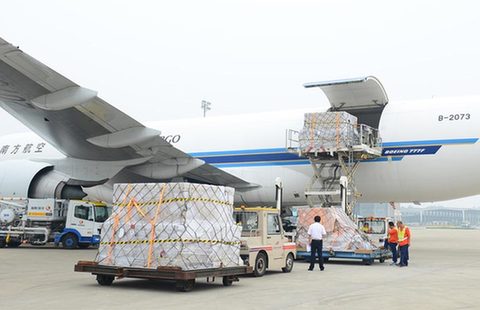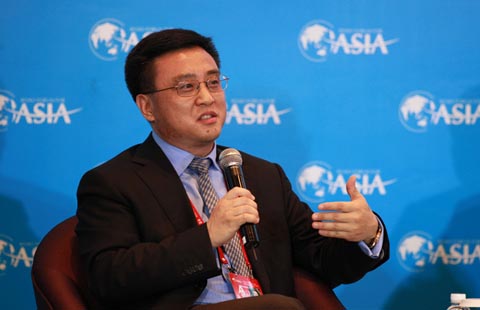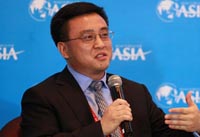Saudi Arabia courts Chinese businesses
By Li Xiang (chinadaily.com.cn) Updated: 2014-09-12 14:02Saudi Arabia is keen on attracting Chinese companies to invest in its special economic zone, which aims to develop into a trade and investment hub in the Red Sea region.
"We are very interested in having more Chinese companies come into Saudi Arabia," Fahd Al-Rasheed, chief executive of the King Abdullah Economic City, told China Daily on the sideline of the World Economic Forum in Tianjin.
"Because many of the Chinese companies are developing into global brands, we believe we can be a regional hub for them," he said.
The economic zone is located along the coast of the Red Sea, about 100 kilometers north of Jeddah, the commercial hub of Saudi Arabia. It consists of a port with a capacity of 20 million containers, an industrial zone and a residential community. The megaproject, launched in 2005, will involve a total investment of $100 billion over the next 30 years, according to Al-Rasheed.
Favorable tax policies, competitive energy and utility cost, easy access to long-term loans and effective logistic solutions are in place to facilitate foreign investment, he said.
The economic zone has already attracted 80 global companies. Al-Rasheed says that the goal is to have Chinese companies make up about 20 percent of all foreign companies in the city by 2020.
"We focus on Chinese companies in sectors of light manufacturing, automobile, infrastructure, pharmaceutics, energy and logistics," he said.
Transportation equipment producer China International Marine Containers Co Ltd and Chinese auto manufacturer Geely's Volvo brand have already invested in the economic zone.
The project is owned and operated by a private entity and it is listed on the Saudi Arabian stock exchange. It is seen as an effort of the country to diversify its oil-based economy and to create jobs for a population, 60 percent of which is under the age of 30.
The Red Sea region at present has a population of 600 million people with an average economic growth rate of 6 to 8 percent. The size of the regional population is expected to reach 1.3 billion by 2050, according to Al-Rasheed.
"It will be a big market so we believe China must want to have a share of it," he said.
|
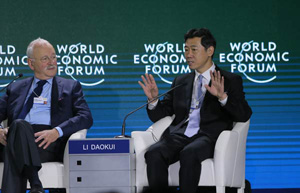 |
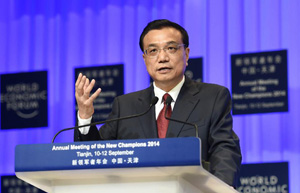 |
| Japan ignoring China for India is bad strategy | Quality growth eyed in deepening reform, innovation |
- China's property investment cools in August
- Alibaba roadshow bodes well for record-breaking IPO
- China Jan-Aug fixed asset investment rises 16.5%
- Britain to include China's RMB as foreign currency reserve
- China's retail sales up 11.9% in August
- China's industrial production slows in August
- China, Turkmenistan to deepen energy co-op
- The 10th Nanjing Software Expo kicks off

